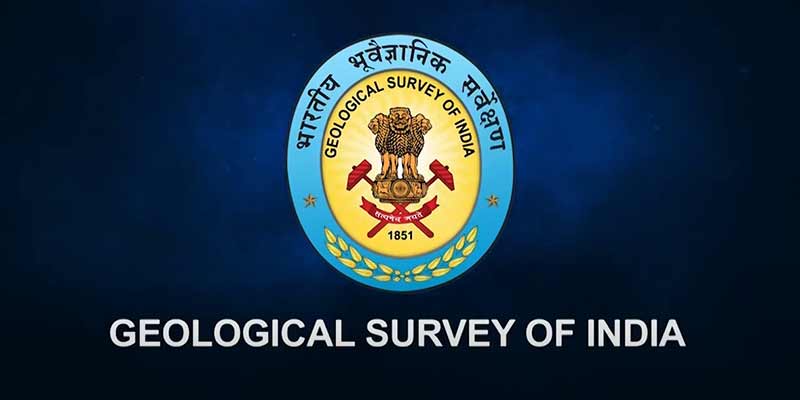- India
- Jan 20
What is the importance of lithium?
A recent Geological Survey of India (GSI) study has indicated the presence of lithium in some districts of Odisha.
Lithium reserves have earlier been found in parts of Karnataka and Jammu & Kashmir.
The GSI has started using artificial intelligence (AI) along with drones to locate valuable mineral resources, including lithium and copper.
Lithium is called “white gold”
• Often called “white gold”, lithium is a critical mineral, with particular importance for electric vehicles (EVs) and energy storage, and global demand is expected to grow more than 40 times by 2040.
• Lithium is a soft, silvery-white metal that can be found in many places throughout the world, typically in mineral compounds in hard rock, sediments, and certain water sources.
• It is the single most important critical mineral for the energy transition.
• Lithium has a range of uses in both chemical and technical applications. Lithium in various forms, such as lithium carbonate, lithium hydroxide and lithium chloride, is used in lubricant greases, pharmaceuticals, catalysts, air treatment and, particularly, in batteries.
• Being the lightest known metal, lithium is also used in alloys to increase strength-to-weight ratios, taking advantage of lithium’s tensile strength and lightweight (low-density) characteristics. Aluminium-lithium alloys, for example, are used in the aerospace and motorsport industries.
• It occurs naturally and abundantly in the Earth and is generally found in three sources — pegmatites or hard rock, sedimentary deposits often referred to as clay, and waters with high concentrations of dissolved salts referred to as brines.
• Salar brines are close to the surface, in contrast, geothermal brines are high-temperature, high-pressure formations deep underground.
• Lithium-ion (Li-ion) batteries have applications in energy storage system - from hearing aid to container sized batteries to power a cluster of villages, electric vehicles, portable electronic sector, grid storage, telecom and telecommunication towers, medical devices, household and office power backup (UPS), powering robots in the processing industry.
• Lithium-ion batteries can power any electrical application without the need of physical wires.
• It plays a key role in the cathodes of all types of lithium-ion batteries that power EVs. Accordingly, the recent rise in EV adoption has sent lithium production to new highs.
Geological Survey of India
• The Geological Survey of India (GSI) was set up in 1851 primarily to find coal deposits for the Railways. Over the years, GSI has not only grown into a repository of geo-science information required in various fields in the country but has also attained the status of a geo-scientific organisation of international repute.
• Its main functions relate to creating and updating of national geoscientific information and mineral resource assessment. These objectives are achieved through ground surveys, air-borne and marine surveys, mineral prospecting and investigations, multi-disciplinary geoscientific, geo-technical, geo-environmental and natural hazards studies, glaciology, seismotectonic study and carrying out fundamental research.
• GSI’s core competence in survey and mapping is continuously enhanced through accretion, management, coordination and utilisation of spatial databases (including those acquired through remote sensing).
• GSI uses the latest computer-based technologies for dissemination of geoscientific information and spatial data, through cooperation and collaboration with other stakeholders in the geo-informatics sector.
• Headquartered in Kolkata, GSI is an attached office to the ministry of mines and has regional offices in Lucknow, Jaipur, Nagpur, Hyderabad and Shillong. GSI also has unit offices in almost all states of the country.
Manorama Yearbook app is now available on Google Play Store and iOS App Store



